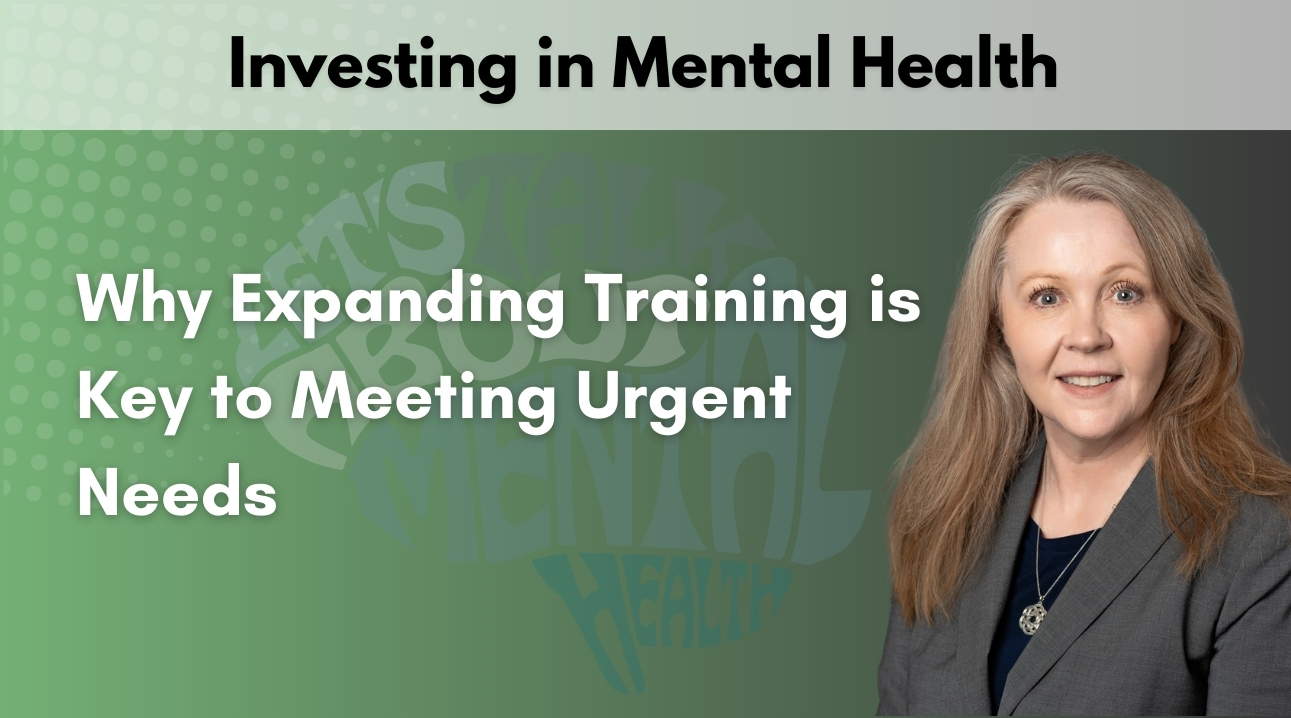In the wake of national tragedies like the Uvalde school shooting, the conversation around mental health often becomes reactive—focused on what went wrong. But what if we shifted the focus toward prevention, access, and solutions?
In a recent NBCDFW feature, I spoke on the urgent need for increased investment in mental health resources and workforce development in Texas and across the country.
We are, as I’ve said, in the midst of a national mental health crisis. That crisis is not just about increasing rates of diagnosable mental health conditions—though those are rising, particularly among youth. It’s also about the gap between the need for care and the availability of trained professionals to provide it.
Despite Texas being “rich in resources,” with excellent medical schools and committed students, we are bottlenecked by limited residency slots. For example, at John Peter Smith in Fort Worth, only two psychiatry residency slots are currently available—far too few to meet the demand. This isn’t a talent issue. Our students are motivated and capable. What we need is funding, infrastructure, and political will.
At the TCU and UNTHSC School of Medicine, I’ve seen firsthand the potential of our future doctors. They give me hope. But hope needs opportunity. We need to open more training slots, fund them, and support these future providers. With the right mentorship and clinical exposure, residents and interns—already trained as medical doctors—can start caring for patients almost immediately under supervision.
It’s been a personal mission of mine for over two decades to advocate for this change. I’ve worked with legislators in Austin, pushing for increased funding and expanded access to training. While progress has been made, there’s still much more to do.
Texas has roughly 2,200 psychiatrists. We could easily use 800 more.
This is not just about numbers—it’s about lives. It’s about making sure every child, every adolescent, and every adult has access to timely, compassionate, and effective care.
At Achieve Coaching Rx, my private coaching practice, I continue to support professionals, physicians, and families who are navigating complex emotional and systemic challenges. I believe strongly in building resilience, developing leadership, and supporting those who care for others.
Together, with the right investments in training and infrastructure, we can shift from crisis response to sustainable care and healing.

